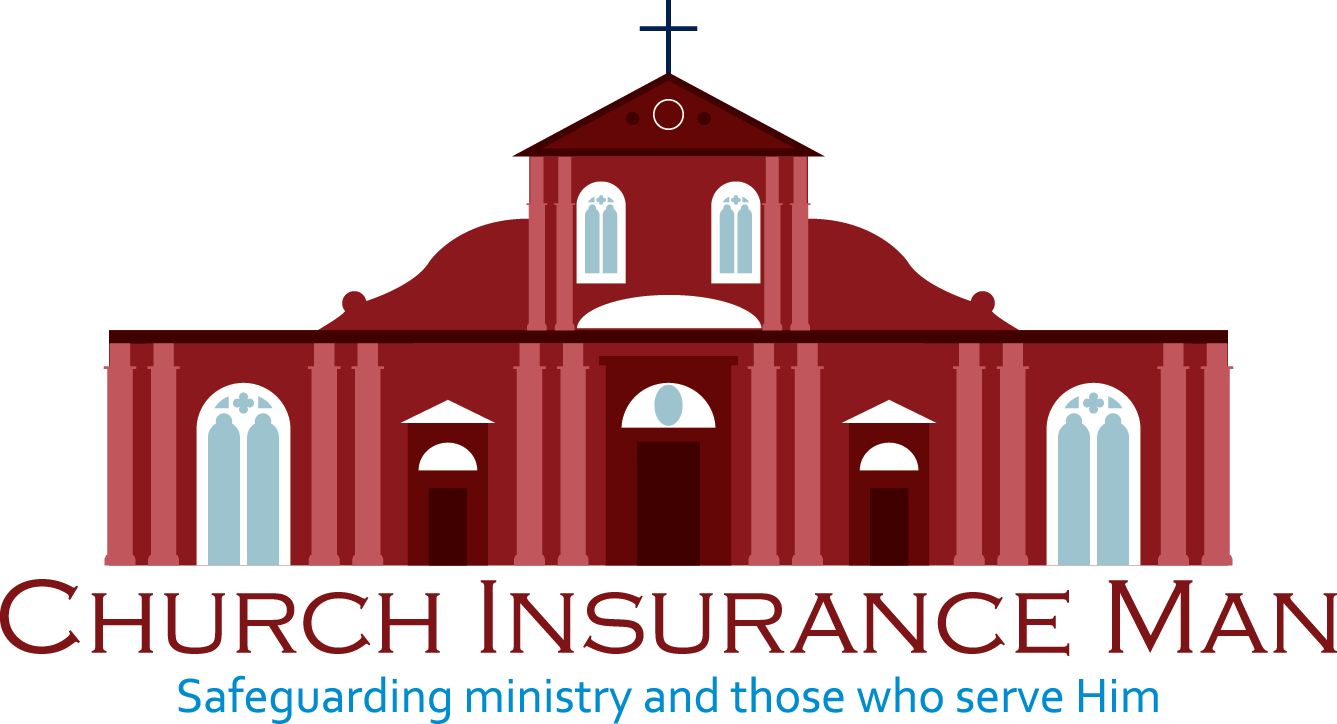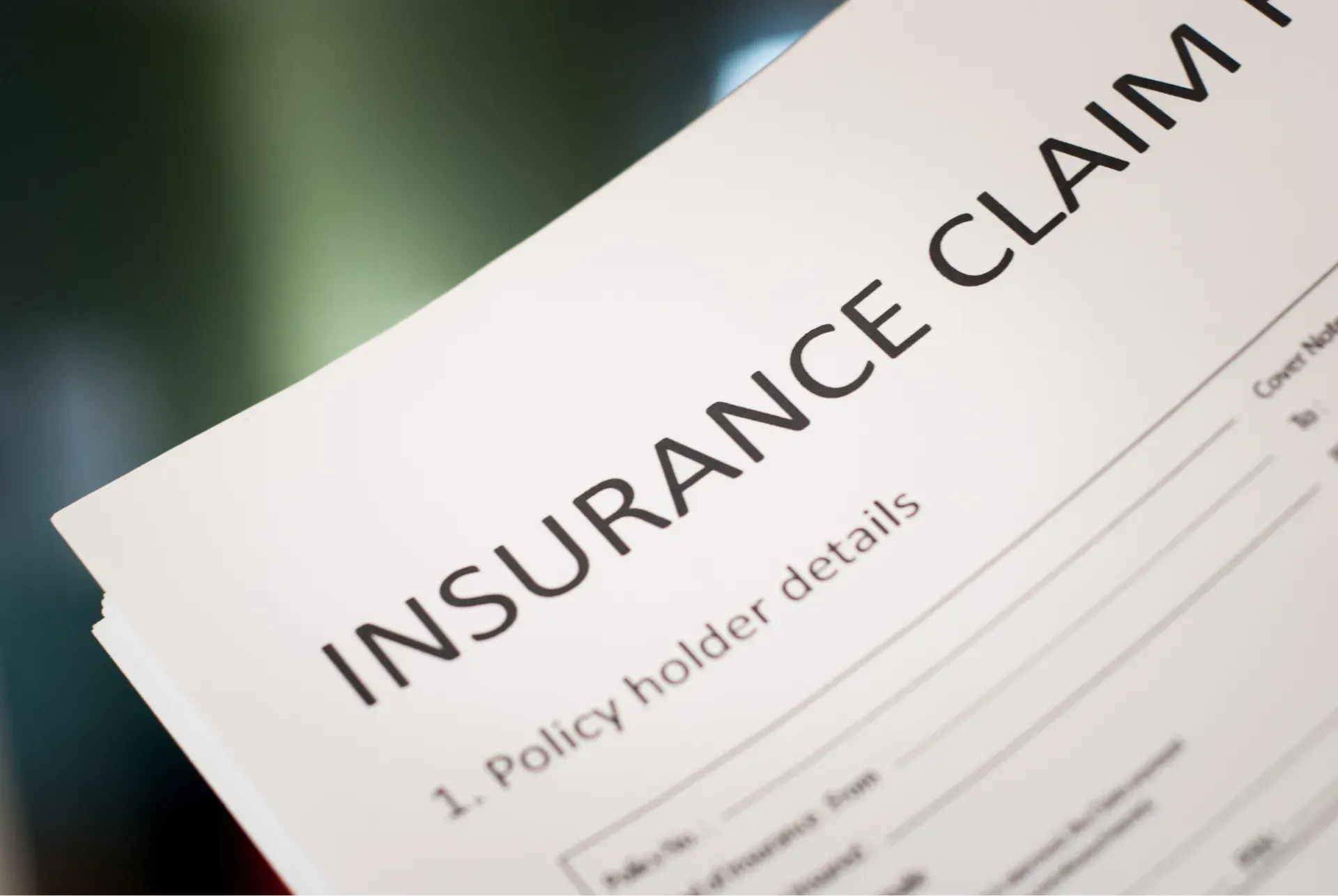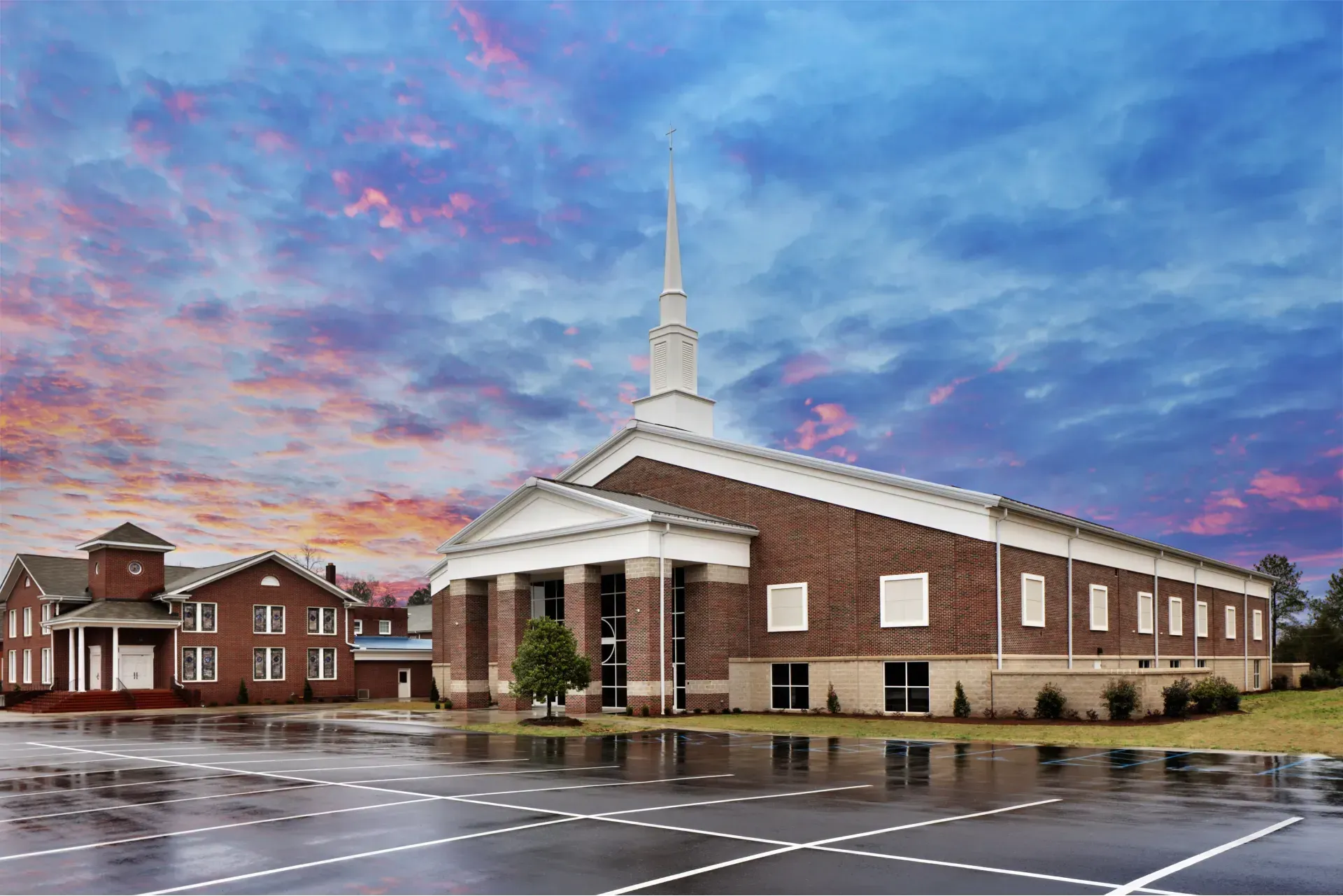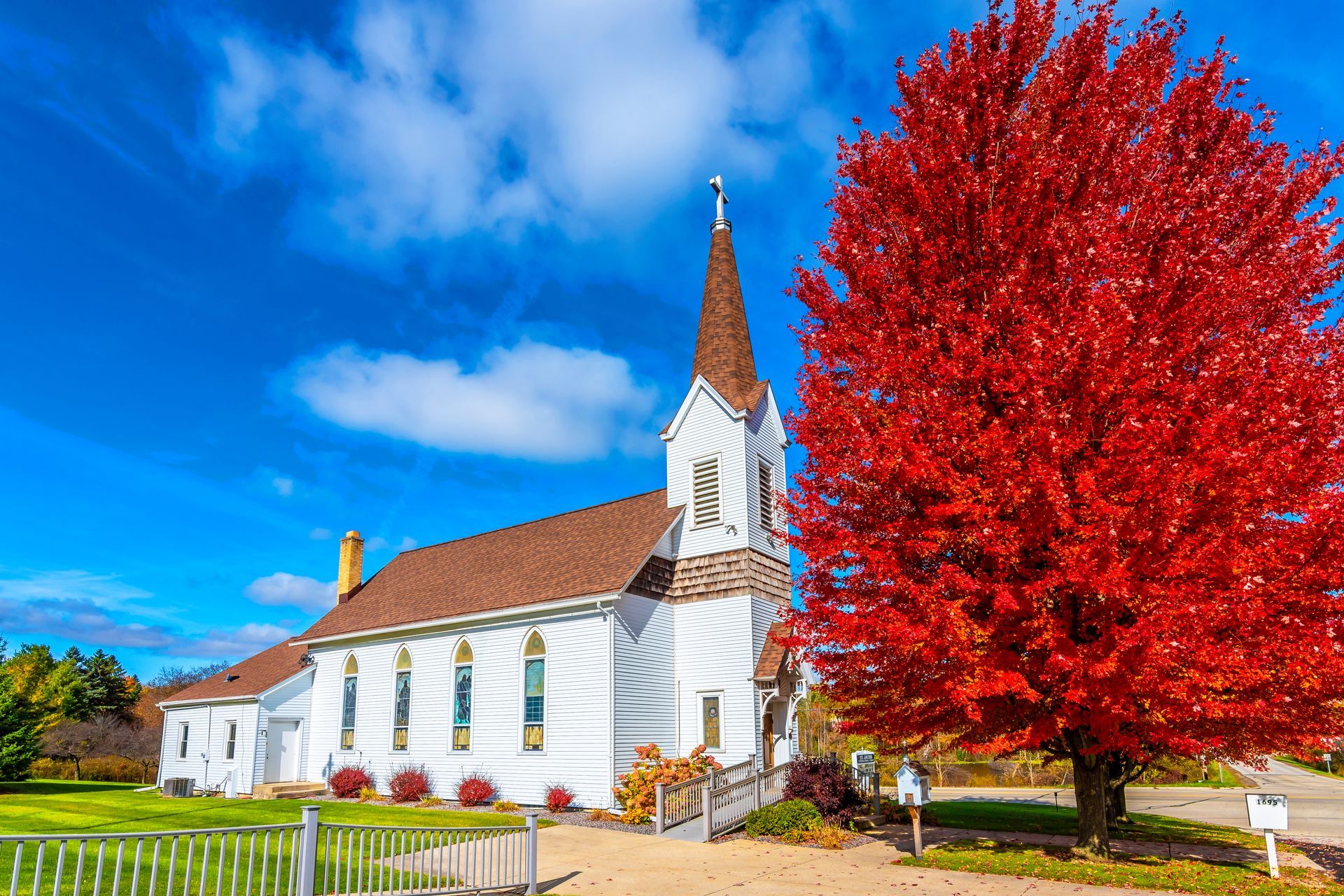The Role of Church Security in Maintaining a Safe Worship Environment
In a perfect world, our places of worship would be always safe, inviolable sanctuaries where we can connect with our faith and spiritual community without fear. Sadly, that's not always the reality. Whether it's a small neighborhood chapel or a towering cathedral churches and other religious institutions aren't impervious to crime or other security threats. That's why it's crucial to not just pray for protection, but actively work towards it. It's about embracing a proactive approach to security, just like we do with our homes and workplaces.
It's time to take a closer look at the protection of our sacred spaces. Together, we can create a safer environment for our faith communities, one that allows us to focus on what truly matters—worship, fellowship, and spiritual growth. So, let's delve into why church security matters, and discuss practical steps we can take to safeguard our places of worship.
Understanding the Insurance Coverage for Your Church
A well-rounded church insurance policy can help protect your house of worship from various potential risks, including property damage, theft, and liability claims. Key insurance coverages that your church should consider include:
1. General Liability Insurance:
This coverage safeguards your church against potential claims of bodily injury or property damage sustained by visitors, congregants, or other third parties on your church property.
2. Property Insurance:
Offering protection against damage to your church's physical property, including buildings, fixtures, and contents, property insurance allows your church to recover financially from events like fire, storm damage, vandalism, or theft.
3. Directors & Officers Liability Insurance:
This crucial coverage provides protection for church leadership in the event of legal claims arising from mismanagement allegations or other leadership-related disputes.
4. Cyber Liability Insurance:
With an increasing reliance on digital systems for data storage and communication, cyber liability insurance helps protect your church from potential risks related to data breaches or cyberattacks.
By maintaining a comprehensive insurance policy, church administrators can ensure that their house of worship has the financial protection needed to recover from incidents and continue their ministry.
Conducting a Security Risk Assessment
Taking proactive steps to improve your church's security begins with conducting a thorough security risk assessment. This process will help identify potential risks to your congregation and facility and determine the appropriate strategies to mitigate those risks:
1. Physical Property Inspection:
Begin by examining your church's physical property, both inside and outside the premises. Look for vulnerabilities in access points, lighting, visibility, and barriers that could be exploited by potential intruders or vandals.
2. Evaluate Processes and Procedures:
Review your church's policies and procedures to determine potential security gaps. These might include building access protocols, emergency response plans, key control systems, and communication processes.
3. Identify Areas of Concern:
Note any specific areas or situations that present heightened security risks within your church community. These may include childcare facilities, cash handling practices, or potential conflicts within the congregation.
4. Develop and Implement Security Measures:
Develop a plan to address the identified areas of concern, implement appropriate security measures, and communicate these changes to your congregation, staff, and volunteers.
Implementing Security Measures for Your Church
A comprehensive security plan should include proactive measures to protect both your congregation and your church's physical assets. Some key security measures to consider implementing include:
1. Access Control:
Implement access control measures to limit unauthorized entry into your church. These may include the installation of secure locks, video surveillance systems, alarm systems, and clearly defined entry points.
2. Security Training for Staff and Volunteers:
Provide regular training for your church's staff and volunteers, emphasizing the importance of security awareness and their role in ensuring a safe worship environment.
3. Visitor Screening:
Consider implementing a visitor screening process, such as requiring visitors to sign in or provide identification, to help track who is entering and leaving your church.
4. Emergency Response Plan:
Develop and maintain an emergency response plan tailored to your church's specific needs and potential risks. Regularly evaluate and update the plan and ensure that staff and volunteers are trained on their responsibilities during an emergency.
Fostering a Culture of Security Awareness
Creating and maintaining a secure worship environment goes beyond implementing physical security measures. Encouraging a culture of security awareness among your congregation, staff, and volunteers is crucial in promoting a safe, welcoming atmosphere for all:
1. Regular Communication:
Keep security-related topics at the forefront of your congregation's awareness by regularly discussing security measures and changes during meetings, services, or newsletters.
2. Encourage Reporting:
Create a supportive environment where congregants, staff, and volunteers feel comfortable reporting concerns or incidents without fear of repercussions.
3. Lead by Example:
Model a security-focused mindset among your church's leadership, encouraging others to adopt the same perspective.
4. Celebrate Success:
Acknowledge and celebrate instances where security measures or the actions of your congregation, staff, or volunteers have successfully averted potential incidents.
Why Every Church Needs a Comprehensive Security Plan
In an ever-changing world where risks and threats continue to evolve, church security plays an essential role in ensuring the safety and well-being of congregants, staff, and volunteers. By taking a proactive stance on church security, backed by comprehensive insurance coverage, administrators can help protect their houses of worship, nurture spiritual growth, and foster enduring community connections.
Ultimately, safeguarding your house of worship ensures its longevity and that it remains a safe haven of faith, fellowship, and community for generations to come. Get started by exploring our
church insurance packages and contacting our team at Church Insurance Man!











